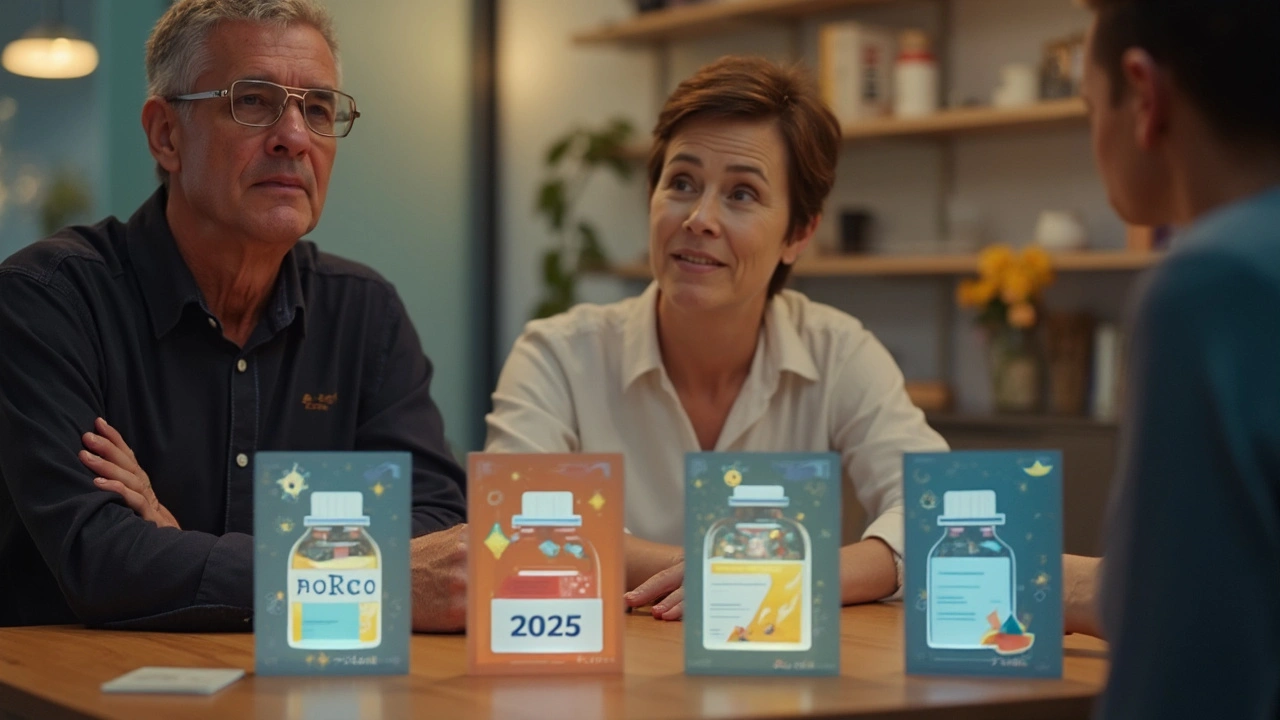If you’ve heard the term medication‑assisted therapy (MAT) but aren’t sure what it means, you’re not alone. In everyday words, MAT is a treatment plan that combines prescription medication with counseling or behavioral support to help people stop using harmful drugs.
The idea behind MAT is straightforward: certain medicines can calm cravings and ease withdrawal, making it easier for someone to focus on therapy and stay clean. It’s most commonly used for opioid addiction, but the approach also works for alcohol and tobacco dependence.
When a person starts MAT, they typically meet with a doctor who decides which medication fits their situation. The three main drugs you’ll see are:
These meds are taken under medical supervision. At the same time, the patient works with a counselor or therapist who helps them address triggers, develop coping skills, and rebuild a drug‑free life. The combination is what makes MAT more effective than counseling alone.
MAT isn’t just about handing out pills – it’s backed by research that shows higher success rates for staying sober. People on MAT are less likely to relapse, overdose, or get arrested compared with those who skip medication. The meds also lower the risk of infectious diseases because users aren’t injecting drugs as often.
Another big plus is flexibility. Some patients stay on medication for a few months; others continue for years. Your doctor will adjust the plan based on how you feel, any side effects, and your personal goals.
If you’re thinking about starting MAT, here are three practical steps:
Safety matters too. Always take the medication exactly as prescribed. If you notice unusual side effects like severe nausea, dizziness, or mood changes, call your provider right away. Never share your meds with anyone else – they’re tailored to your body and can be dangerous for others.
What about stigma? Some people think using medication is “just swapping one drug for another.” In reality, MAT works like insulin for diabetes: it manages a medical condition so you can live normally. The goal isn’t to stay on meds forever if you don’t want to; it’s to give your brain a chance to heal.
Finally, remember that recovery is personal. You might try one medication and find another works better, or you may combine MAT with support groups like AA or SMART Recovery. The key is staying engaged, asking questions, and giving yourself credit for every step forward.
Medication‑assisted therapy can be a lifeline if you or a loved one is battling addiction. With the right doctor, proper medication, and solid counseling, many people find a stable path to lasting recovery.

Thinking of swapping Antabuse for something different? In 2025, treatment for alcohol use disorder isn’t just limited to one pill. This article breaks down six current alternatives that go beyond Antabuse, explaining how each one works, who it’s best for, and the honest pros and cons. Whether you’re looking for meds, therapy, or just practical options, you’ll find something that could fit your needs. Tips and helpful facts are sprinkled throughout to make your choice easier.
View more